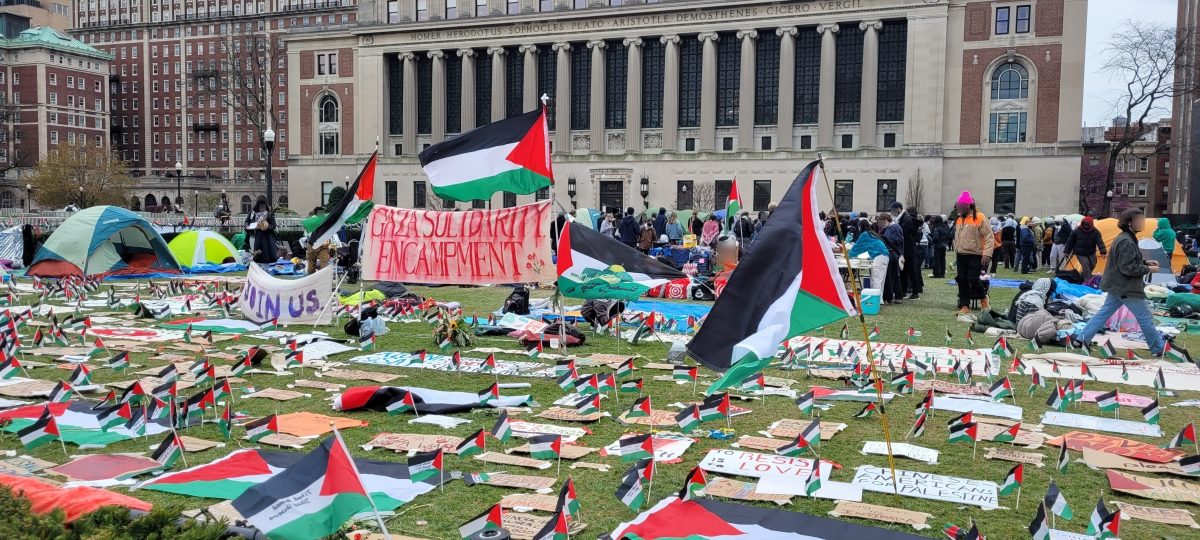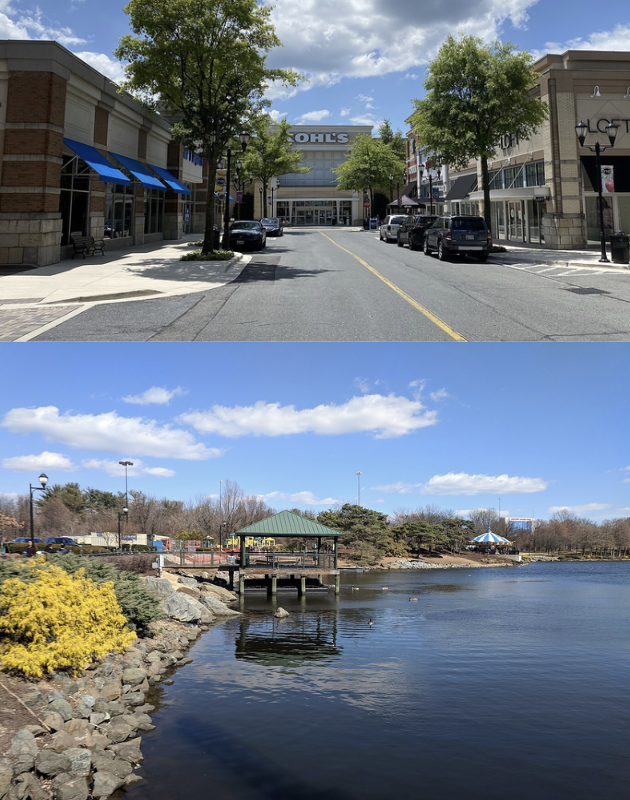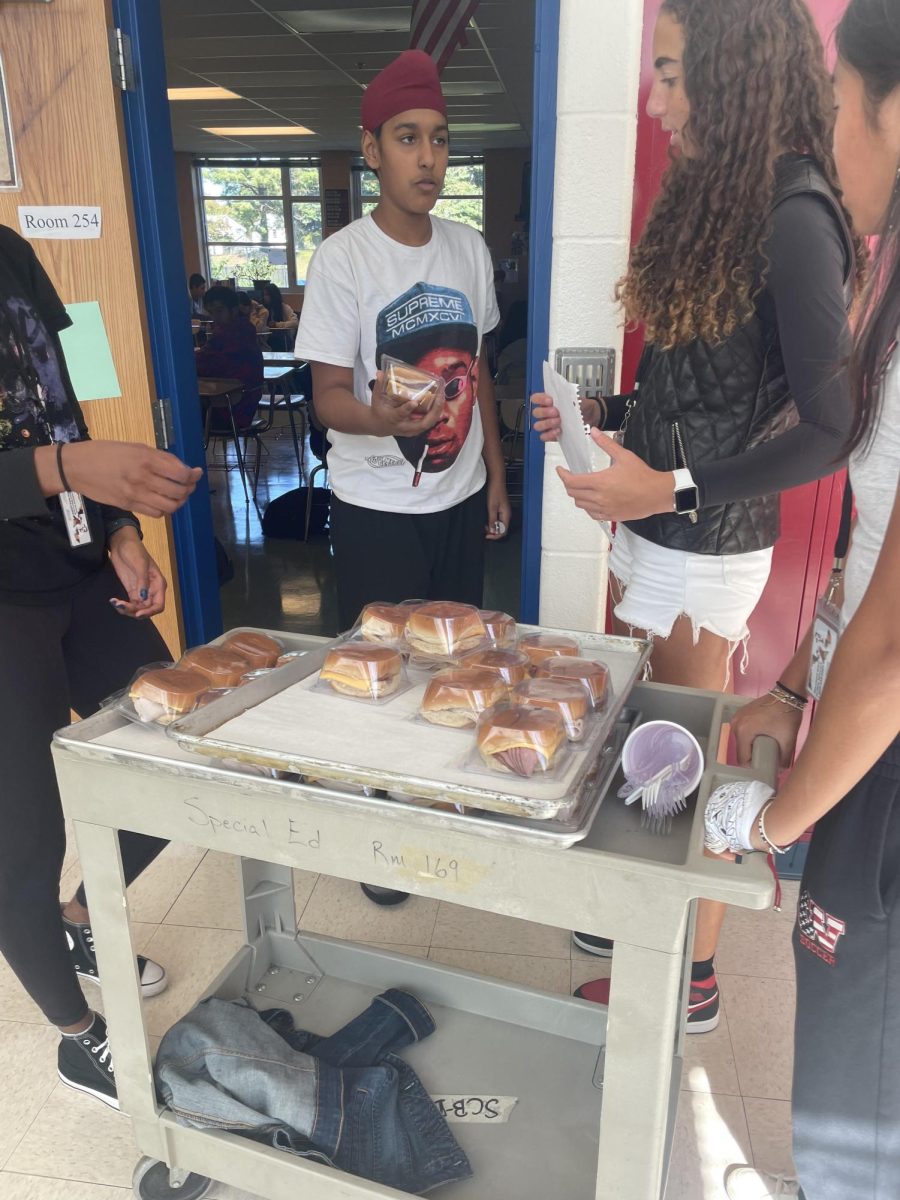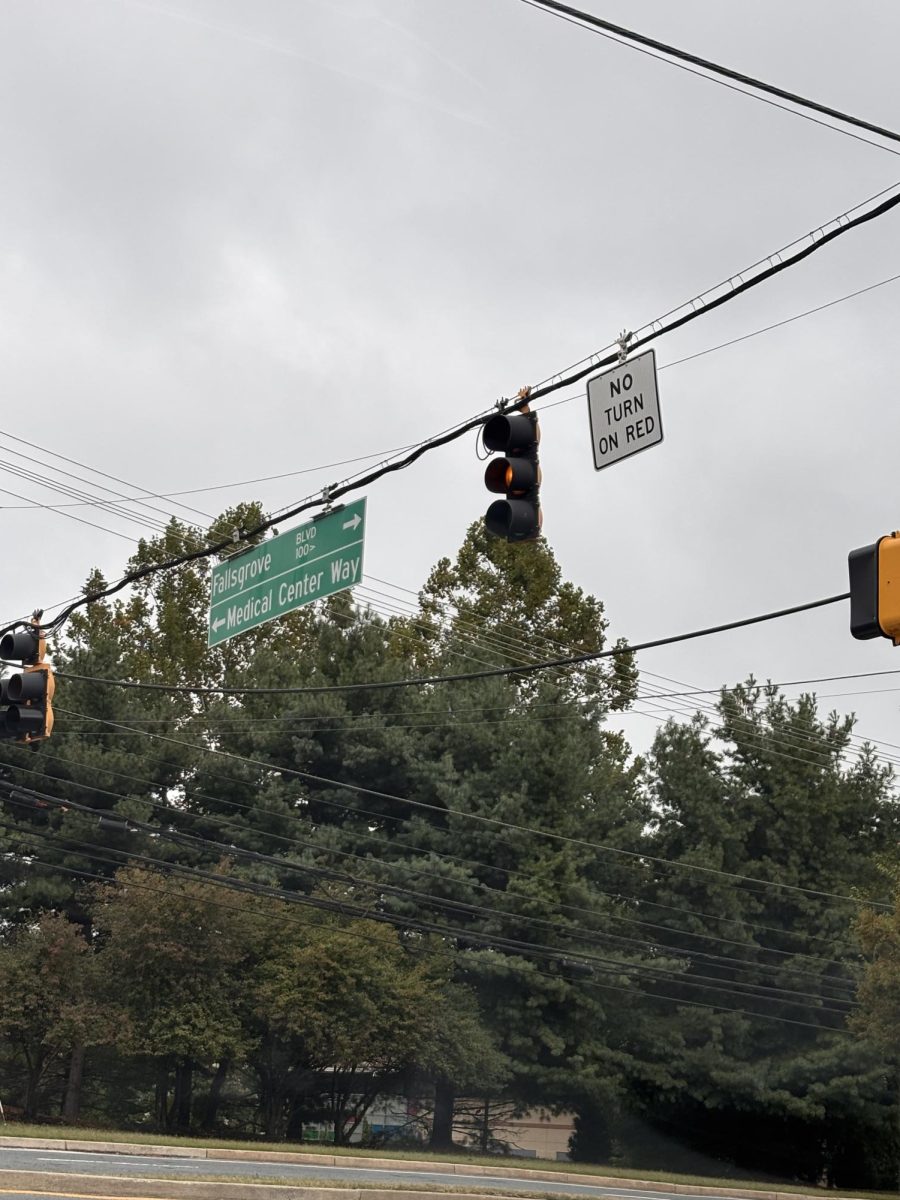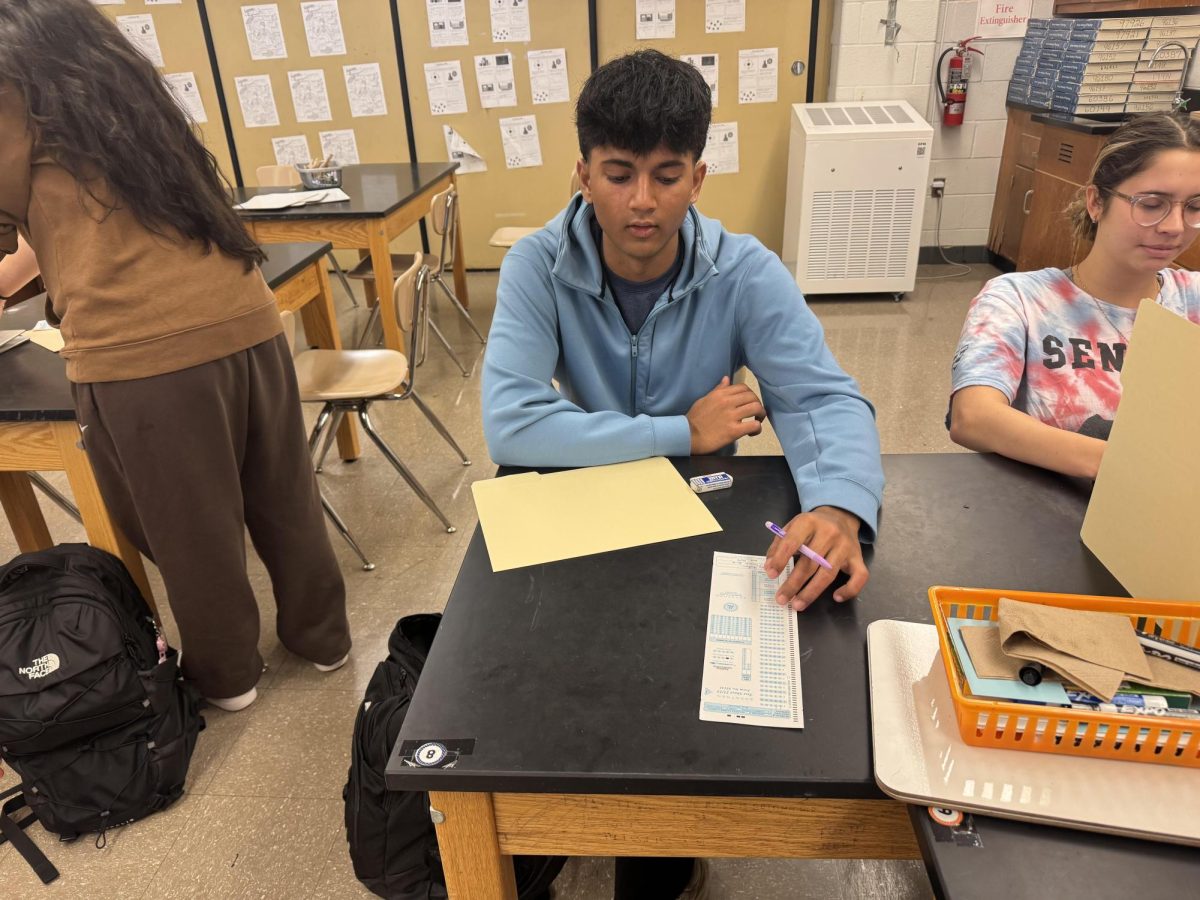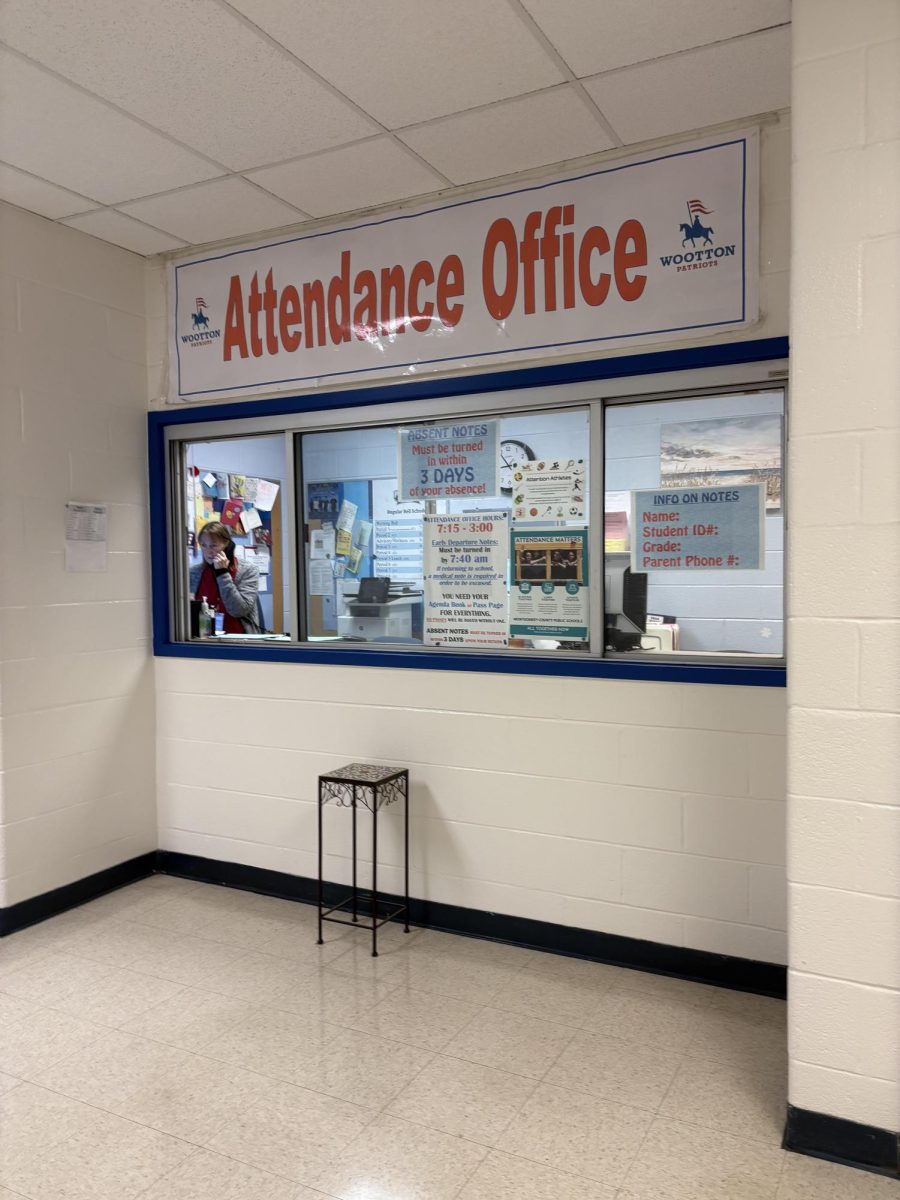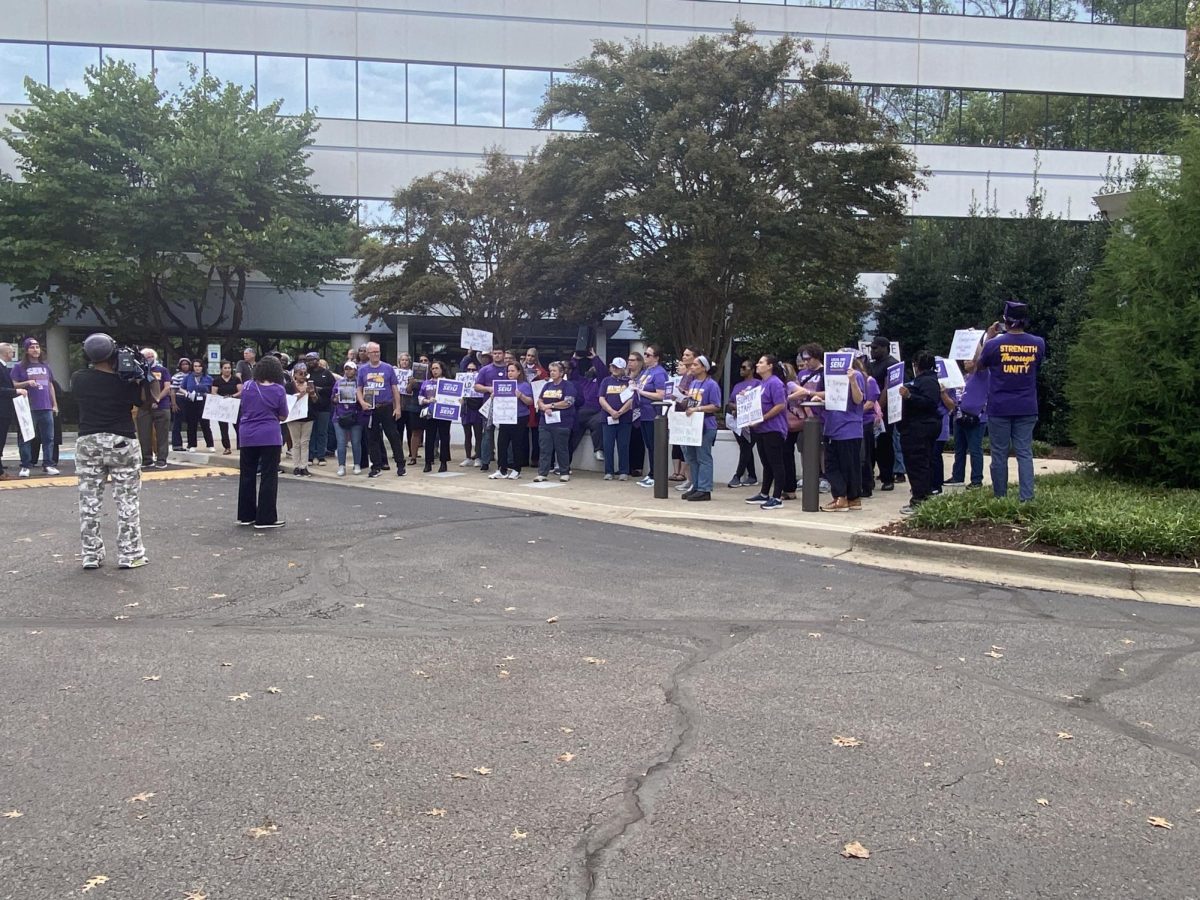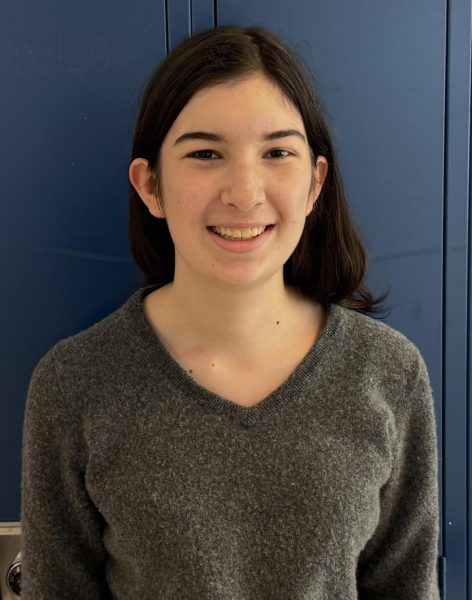Beginning on Apr. 17, pro-Palestinian students at Columbia University occupied their campus’s main lawn, demanding that Columbia divest from Israel. They set up tents on the lawn and named the encampment the “Gaza Solidarity Encampment.”
On Apr. 18, Columbia’s president, Minouche Shafik, authorized the New York Police Department to come onto the campus and arrest students who were participating in the encampment. The university proceeded to suspend the arrested students. Over 100 students were arrested for trespassing, according to the Washington Post.
In solidarity with Columbia students, universities all over the country and parts of the world such as Cambridge University in England, set up encampments with similar demands. University of Maryland, George Washington University, UCLA and NYU students began protesting at their schools.
As a result, counter-protesters at the encampments showed their support for Israel. At UCLA, a fight broke out between the counter-protestors and the protestors which, according to Reuters, was initiated by the counter-protestors. Members of the UCLA encampment said that they were beaten with bats and sticks and had fireworks thrown at them by the counter-protestors.
According to the New York Times, over 2,900 people have been arrested by the police since the encampments first began. “Police should not be on campus unless it is determined absolutely necessary. When [universities] bring police in, it naturally becomes more violent,” senior Aneela Shemsu said.
At George Washington University in D.C., an encampment was set up on Apr. 25 and a protest began. Shemsu attended the protest at the encampment. “It was a really important thing to see and it was such a diverse experience. I saw lots of Jewish students protesting too. There were people counter protesting but the most important thing was just to be there,” Shemsu said.
Those following news of the protests have wondered if they helpied their cause. “I don’t think [the protests] are effective. It’s a bunch of people standing around saying they don’t like what’s happening. Nothing major is going to be done because of these protests,” junior Noam Avner said.
Although these protests likely will not have a direct impact on the people living in Israel or Gaza, they are bringing national media attention to the encampments. “In awareness, a lot more people have become aware of the situation in the last couple weeks,” Shemsu said.
Due to the encampments, Jewish students at universities have stated that they felt afraid to walk around campus and have had hate speech directed toward them. Jewish students at UCLA reported that they were discriminated against just for walking on their campus, according to the Los Angeles Times.
The effect of these encampments reaches high school students as well. As junior students prepare to begin their college application journey in the fall, these protests will affect their application decisions. “I won’t be going to a school that discriminates against Jews or Palestinians because that’s not the type of education I want,” Avner said.
First Amendment advocates say it is important that students have the right to free speech while also making sure that there is no hate speech or antisemitism on college campuses. “The importance of students’ free speech on this topic is vital but no antisemitism should be going on,” sophomore Nasrin Sari said.


